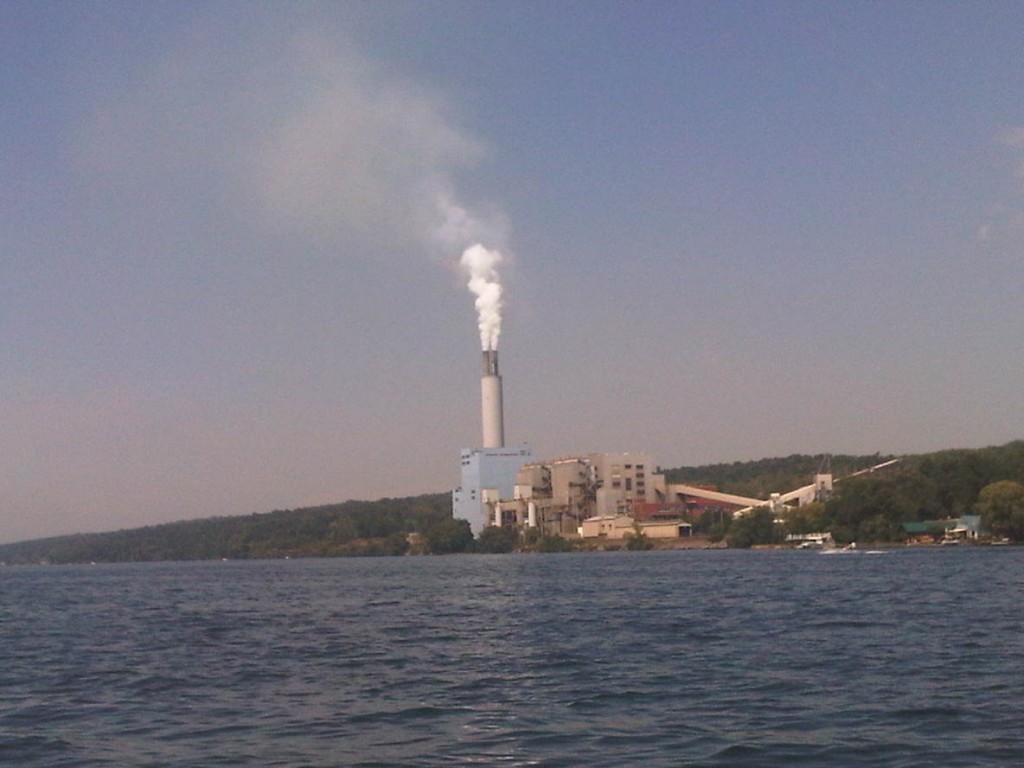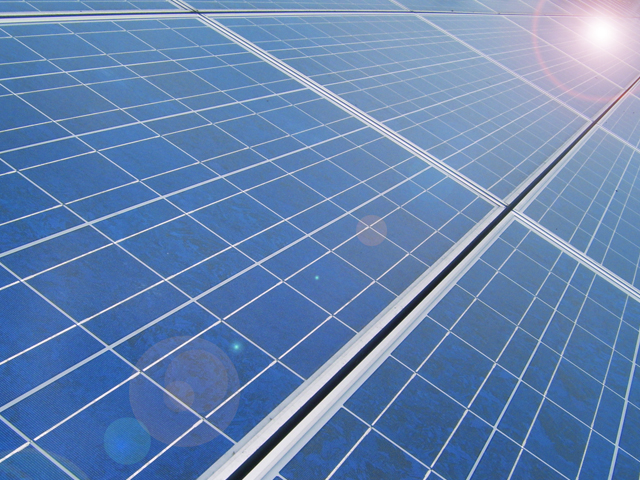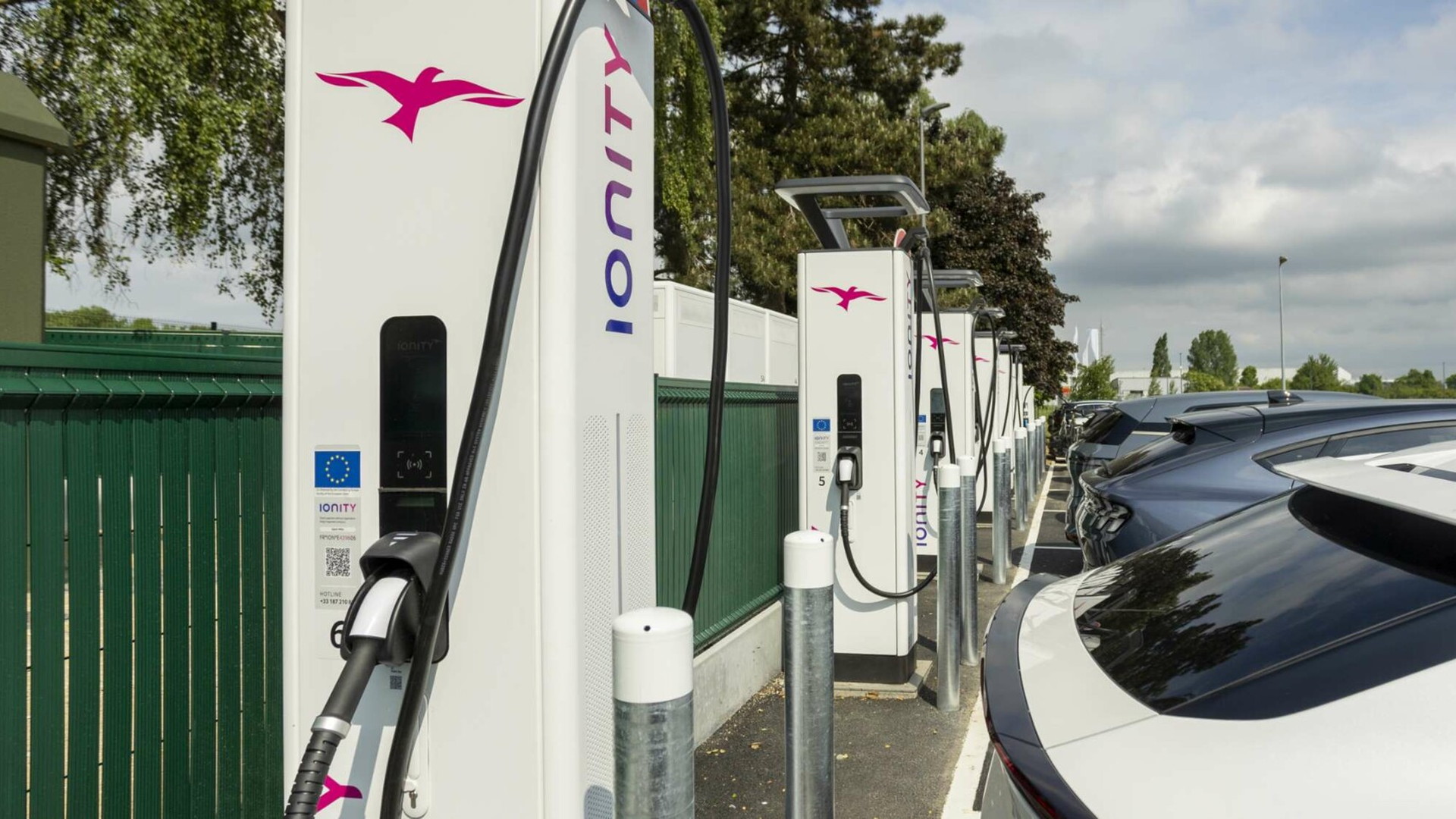Electric cars and residential solar energy are intertwined. Not only are both compatible with a greener lifestyle, but advances in one seem to benefit the other.
In a decade, says a new report, increased demand for plug-in cars could also drive down the cost of home solar so much that not only would subsidies no longer be necessary, but neither would utility companies.
According to The Guardian, the reports by the Zurich-based bank UBS urges investors to pay attention to renewable energy.
MORE: Will Solar Panels Destroy Electric Utilities' Business Model? Yes, They Say
Urging clients to "join the revolution," UBS predicts home solar will be cost-competitive with power generated by centralized utilities by 2025.
Electric cars play an important part in that scenario.

Electric power plant outside Ithaca, New York
Increased demand for electric cars is widely expected to spur increased production of lithium-ion battery cells, which will become cheap enough that many people can use them for home energy storage.
This means customers could not only generate power with photovoltaic panels on their homes, but store that energy--giving them a reserve of power for the times when the sun isn't shining.
UBS claims battery prices will drop more than 50 percent by 2020, creating price parity for electric cars with internal-combustion cars.
ALSO SEE: Renewable Energy Won't Cause Electric Utility 'Death Spiral': Study
The need to charge electric cars will encourage more people to install home solar arrays, increasing demand and cutting prices further, with energy storage facilitated by far higher battery production.
By 2020, the bank says, the combination of a home solar system, batteries, and a plug-in car could pay for itself in six to eight years for the average European consumer.
That estimate applies only to Europe, where electricity rates can be twice the U.S. average of 12 cents per kilowatt-hour and in some cases higher yet.

Solar Panels by Flickr user Chandra Marsono
It should reassure electric utility executives, however, that UBS doesn't expect utilities to disappear completely.
It sees a future for them if they can develop smart grids that more efficiently manage electricity flow, and--importantly--provide backup power generation and distribution.
In the U.S., utilities have hotly debated their business future--although widespread cheap residential solar power, with or without battery storage, is expected to transform their industry within the next two decades.
[hat tip: John DeGolyer]
_______________________________________________












